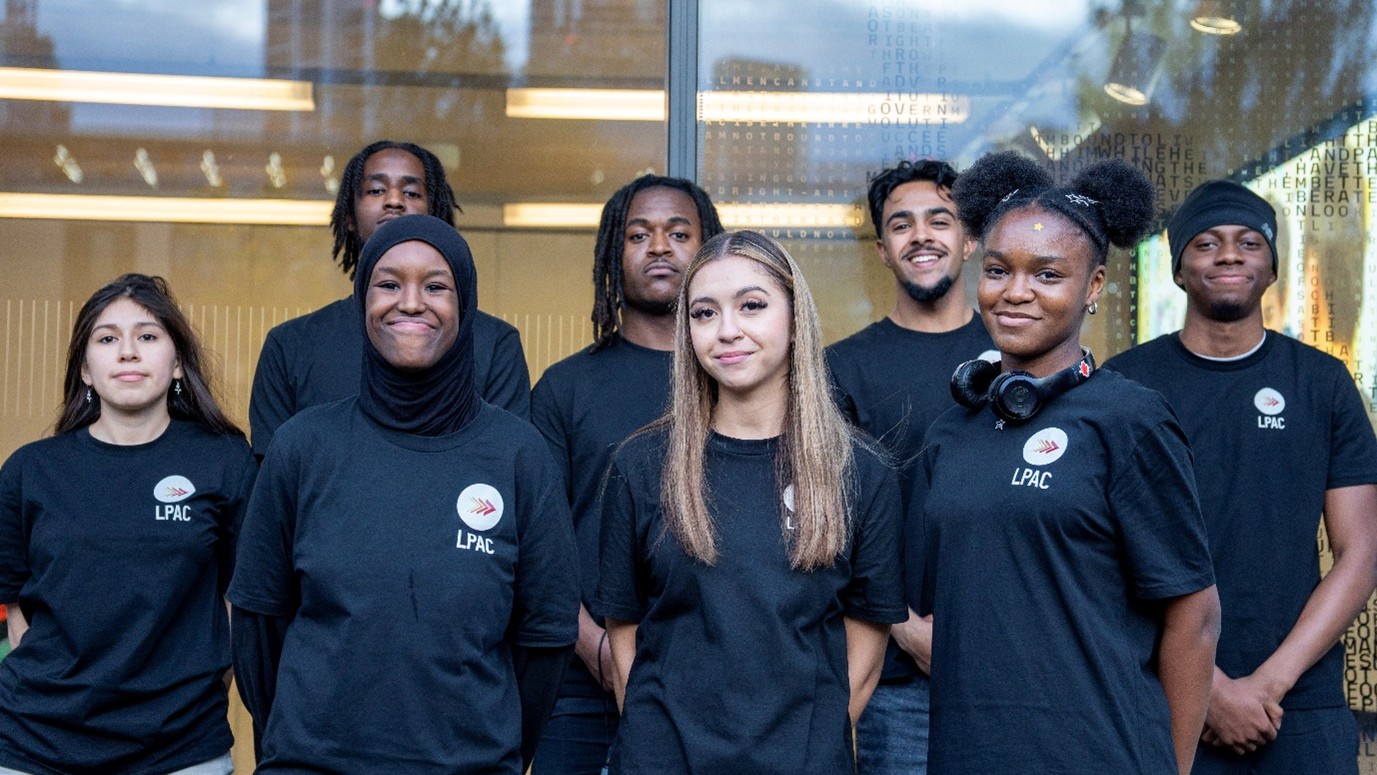The next generation of researchers studying violence
by City criminology undergraduate student, Matilde Sciarrini
As a Criminology with Data Analytics student, I had the opportunity to complete a work placement at the Violence and Society Centre (VASC), through the Q-step programme, which aims to improve quantitative skills in social science students. My initial interest in VASC and their main research project, the VISION Consortium, stemmed from the desire to better understand the different experiences of victims of violent crimes, and the amount of support they received from their family, friends and social services.
The work placement took place one day a week for 10 weeks, during which I was tasked to analyse crime reporting trends, by utilising the Crime Survey for England and Wales. This survey is divided into a non-victim form, which gathers general demographic information about the respondents, such as sex, age and ethnicity; and a victim form, specifically asking about crimes they experienced in the past year.
During the first few weeks, I selected the relevant variables, refined by recoding skills, and harmonised the variables from 2001 to 2020. The variables I selected for my analysis included:
- Did the police come to know about the matter?
- How did they come to know about it?
- Can you tell me why you decided to report this crime to the police?
- Can you tell me why you decided NOT to report this crime to the police?
- Do you think the police treated you fairly?
- Were you satisfied or dissatisfied with the way in which you were able to report the matter?
I decided to specifically focus on violent and sexual crimes for my analysis. This analysis emphasised the importance of understanding the various reasons for reporting and not reporting violent crimes to the police amongst different groups in society. This would not only help explain the discrepancy between police-recorded crime and the figures from the national victimization survey (Crime Survey for England and Wales), but it would aid in more effectively addressing the victim’s specific socio-cultural needs.
My experience at the Centre was insightful and a valuable opportunity to understand the working of a research centre firsthand. I found that VASC was a more sociable environment than what I had anticipated. Everyone I met was open to provide coding guidance throughout the workday. Moreover, a productive degree of teamwork took place at the Centre, with full-staff meetings occurring on a weekly basis and constant communication between colleagues. This high level of teamwork was also present in their work, with multiple coding debates taking place every day. Although I had no previous knowledge of the Stata software, I was given the opportunity to learn and utilise it as part of my code.
This placement gave me the opportunity not only to enhance my data analysis skills, but to further learn how to work in an office environment and improve my communication with others. I have come to understand how my criminological knowledge can contribute to research, and how it can shape social policies and affect governmental practices. I thoroughly enjoyed the placement since the very first week, having learned the importance of seeking assistance as well as independently solving problems.
Finally, I am grateful for the help and support of my line managers at VASC/VISION, who were always open to provide help and feedback about my work and my future career aspirations. I consider myself very fortunate to have had such an amazing opportunity, and I would encourage others to take an interest in the ongoing work at the Centre.



